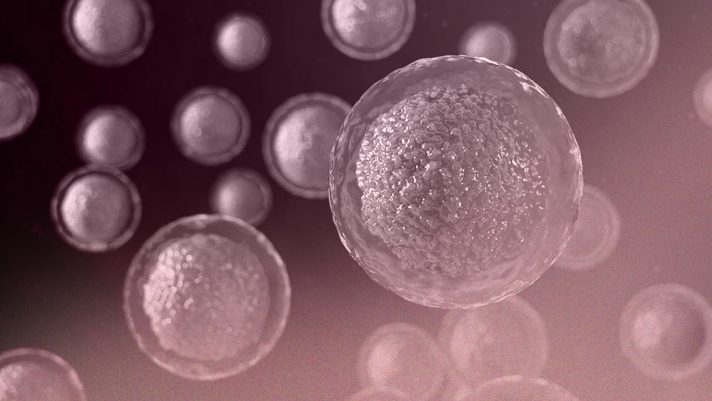What is the anti-Müllerian hormone (AMH)?
AMH is a glycoprotein produced in women by the granulosa cells of the ovaries and in men by the Sertoli cells of the testes.
What is its role?
AMH is involved in sexual differentiation during embryogenesis. Its levels vary with age and gender.
How is the examination performed?
The levels of AMH are measured after a simple blood test.
Women should be aware that the examination can be performed on any day of the menstrual cycle and that the measurement is not affected by pregnancy or the use of contraceptives.
AMH as a predictor of fertility
The investigation of anti-Müllerian hormone levels is an important tool in in vitro fertilization as it provides information on the quantity of oocytes in the ovaries. It is furthermore used in the estimation of the ovarian response to in vitro fertilization protocols.
AMH in other clinical entities
- AMH also serves as a reliable indicator of ovarian function in various clinical conditions, such as autoimmune diseases, a history of chemotherapy, and surgical removal of ovarian cysts.
- It is also used in the differential diagnosis between menopause and premature ovarian insufficiency.
- Finally, its levels contribute to the assessment of ovarian function in patients with polycystic ovary syndrome (PCOS).
My AMH levels are low. Does this mean I won’t be able to have children?
The measurement of AMH is quantitative and not qualitative.
While lower levels of AMH correspond to a smaller quantity of available early ovarian follicles, they do not provide information on their status or quality.
A woman may therefore have a low AMH value but still have good fertility. In other words, a woman with a higher AMH value is not necessarily more fertile than another with low AMH.
It is emphasized that an AMH test is not sufficient on its own to check fertility and should not be performed unnecessarily as it may cause confusion. Results should be co – evaluated with clinical findings, imaging tests as well as hormonal blood tests, always under the guidance of a gynecologist.

